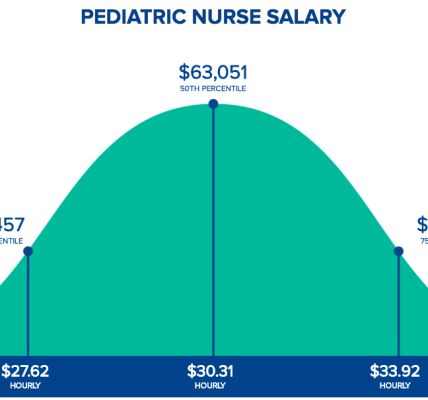Debt relief programs can offer a lifeline when you’re struggling to manage your debts, but it’s crucial to understand the potential impact on your credit score. Many people considering debt relief are understandably concerned about how these programs might affect their financial future. While debt relief can provide much-needed financial breathing room, it often comes with certain consequences for your credit rating. This article explores the connection between debt relief and your credit score, helping you make informed decisions.
Understanding Debt Relief Options and Credit Impact
Debt relief encompasses various strategies designed to alleviate the burden of debt. Each method has its own implications for your credit score.
Common Debt Relief Methods
Here’s a breakdown of common debt relief options and their typical effects on credit:
- Debt Management Plans (DMPs): Usually involve working with a credit counseling agency to consolidate debts and negotiate lower interest rates. Credit impact can be neutral or slightly negative, especially if accounts are closed.
- Debt Settlement: Involves negotiating with creditors to pay a lump sum that’s less than the full amount owed. This almost always negatively impacts your credit score.
- Bankruptcy: A legal process that can discharge many types of debt. Bankruptcy has a significant and lasting negative impact on your credit score.
- Debt Consolidation Loans: Taking out a new loan to pay off existing debts. Credit impact depends on your ability to manage the new loan; opening a new account can temporarily lower your score, and missed payments will severely damage it.
The Credit Score Rollercoaster: Short-Term Pain for Long-Term Gain?
It’s important to remember that the immediate impact on your credit score isn’t the whole story. Consider the potential long-term benefits of becoming debt-free.
Factors Affecting Credit Score Decline
Several factors contribute to the potential decline in your credit score when pursuing debt relief:
- Payment History: Missed or late payments, often a precursor to seeking debt relief, already negatively impact your credit score.
- Account Closures: Some debt relief methods, like DMPs, may involve closing credit accounts.
- Derogatory Marks: Settled debts, bankruptcies, and collection accounts all appear as negative marks on your credit report.
- Credit Utilization: Using a debt consolidation loan can affect your credit utilization ratio, potentially lowering your score if you max out the new loan.
Weighing the Pros and Cons: A Strategic Approach
Deciding whether to pursue debt relief requires careful consideration. Evaluate your financial situation and weigh the potential credit score impact against the benefits of debt reduction.
A Quick Comparison Table
Here’s a simple table summarizing the credit impact of different debt relief options:
| Debt Relief Method | Potential Credit Impact |
|---|---|
| Debt Management Plan | Neutral to Slightly Negative |
| Debt Settlement | Negative |
| Bankruptcy | Significantly Negative |
| Debt Consolidation Loan | Variable (Depends on Management) |
FAQ: Debt Relief and Credit Scores
Here are some frequently asked questions about debt relief and credit scores:
Will debt relief immediately destroy my credit?
Not necessarily. The impact depends on the method used. Some methods, like DMPs, may have a less severe immediate impact than debt settlement or bankruptcy.
How long will negative marks stay on my credit report?
Derogatory marks, such as bankruptcies, can remain on your credit report for up to 7-10 years, depending on the type of mark.
Can I rebuild my credit after debt relief?
Yes! It takes time and effort, but rebuilding credit is possible. Focus on making on-time payments, keeping credit utilization low, and avoiding new debt.
Is debt relief worth it if it lowers my credit score?
This is a personal decision. If you’re struggling with overwhelming debt, the long-term financial stability gained from debt relief may outweigh the short-term credit score impact. Consulting a financial advisor can help you determine the best course of action.
Choosing to pursue debt relief is a complex decision that shouldn’t be taken lightly. While the impact on your credit score is a valid concern, it shouldn’t be the only factor you consider. Remember that the primary goal is to regain control of your finances and achieve long-term financial health. Carefully weigh the pros and cons of each debt relief option, and seek professional advice to make the best choice for your individual circumstances. Focusing on responsible financial habits after debt relief can help you rebuild your credit and secure a brighter financial future. Ultimately, the temporary dip in your credit score might be a worthwhile sacrifice for the peace of mind and financial stability that debt relief can provide. By understanding the process and taking proactive steps, you can navigate the world of debt relief with confidence.

